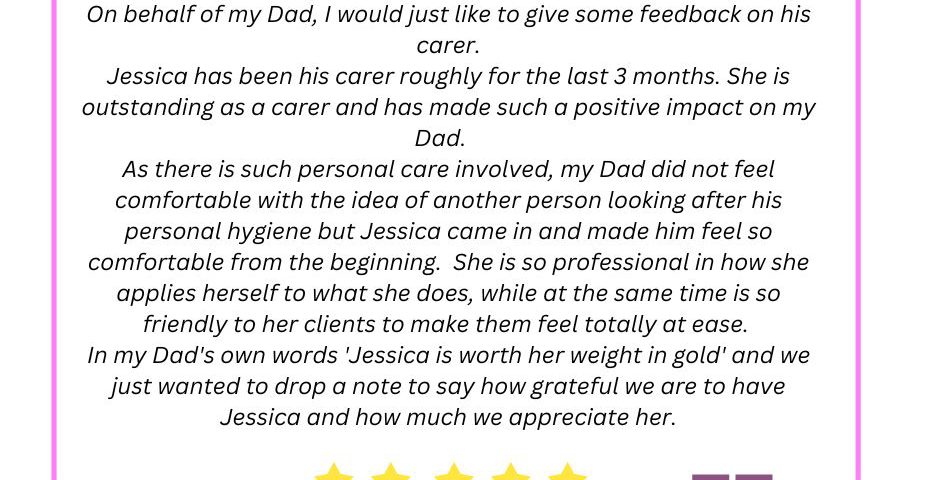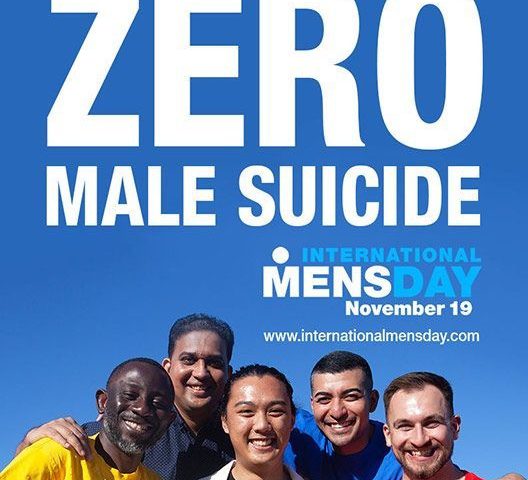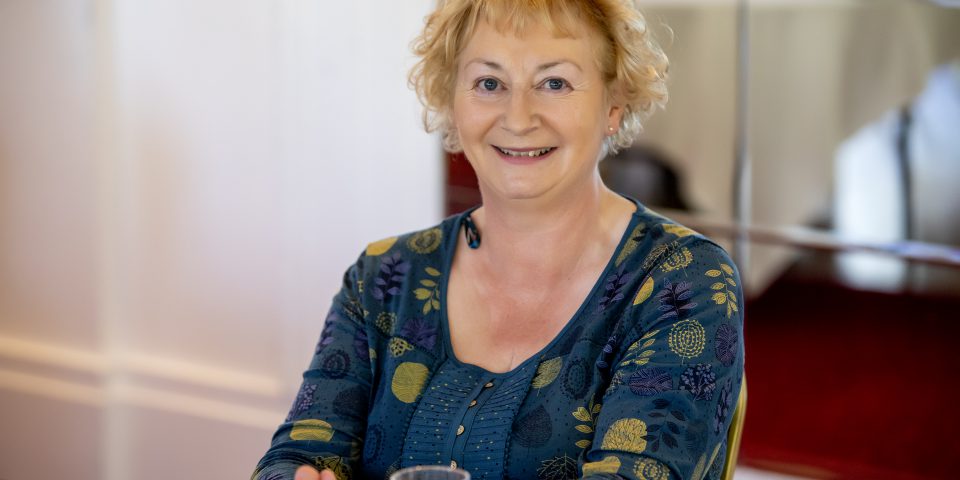
Why Tricia Fay joined Private HomeCare
June 21, 2021
Extend your Career Path as a Carer with Private Home Care’s QQI Level 6 Courses
October 18, 2021Respect for the Aged Day


Originally posted in September 2021 on cpl.com
Many cultures across the world honor the older generations in their community in different ways. For many the term ‘Wisdom comes with age’ is something that is respected and therefore, stood by in their ways of life. One of these cultures where the elderly are highly appreciated is Japanese culture.
Respect for the Aged Day is a Japanese public holiday, celebrated on the third Monday of September. The holiday is a time for people to reflect upon the contributions the older generations have made to society and family life. It’s also a time to celebrate with the local elderly community and of course, family. Local school children visit care homes and write to residents, many people visit elderly relatives and those who can’t, call or send gifts to express their gratitude.
Why Respect for the Aged Day matters to us
Since the late 1980’s Private Homecare Ireland, a Cpl company, has been taking care of Ireland’s elderly population. Elder care is part of their ethos and baked into everything they do, “we care for others as we would like to be cared for ourselves”.
When Cpl was acquired by Japanese group Outsourcing (OSI) in 2020, Elizabeth Nicholson, Managing Director at Private Homecare naturally saw a synergy between Homecare and the culture of its new Japanese partners.
As a way of bringing the care, respect, and recognition both groups have for the elderly together Elizabeth spoke with the OSI team in Tokyo about both cultures’ norms around the treatment of the elderly.
Japanese Culture
When it comes to Japan’s elderly population, those over 65 sit at a staggering 29% of the population. In comparison, Ireland has half that amount with 14.5% of the population over 65, coupled with the fact we have the youngest population in Europe, (20% under 14) shows a stark difference in demographics. Regardless of these trends, we share a common path when it comes to elderly care, abet, we are not walking hand in hand.
Traditional similarities
Traditionally both cultures have had immense respect for the elderly which had been or is been eroded by the demands of modern life. In Ireland, rural families used to be multi-generational, however, over time the need for work pulled many people to cities, here and abroad. This left many elderly people without a large extended family and often in isolated surroundings. Japan is starting to see a similar pattern emerge, its large elderly population is becoming removed from extended family because of work and life constraints.
Respect in the workplace
In Japan, Elders are very much respected for their knowledge and life experience. This is evident in the workplace, many people put off retirement and continue to work past seventy, so they can contribute and be a part of society. In Ireland, we seem to feel older people have given enough and should retire in peace, when many may wish to continue working.
Place in society
The way Japanese people show respect and courtesy to their elders is also very different. In general, Japanese people are kind and courteous to older people, when speaking to an elderly person they add an extra element of respect by adding their “san” after their name they also use a certain way of communicating politely called “keigo”. When people are impolite or do not give up their seats to the elderly on train or bus, it is regarded as disrespectful.
In Ireland we don’t generally give people more respect because of their age, most people are given a similar level of respect while giving up a seat on public transport to a person in need is, of course, a cultural norm for us too.
Homecare
In both cultures, it is normal for elderly people to go into care homes if they become sick or cannot live by themselves. Recently, Japan has started to recognise the importance of private care homes and many local governments have strengthened home care measures, and many retirees have begun to receive lifestyle, health, and medical support even at home, such as a nursing care service for people living alone.
Private Homecare Ireland offers an array of similar services to its clients here in Ireland, including everything from companionship for walks or shopping to 24/7 care.
As our population begins to age, we really do need to ask ourselves, what will the future of elderly care look like in Ireland?
The pandemic was a hard time for all of us, but especially for the elderly. In some cases, cocooning meant that a friendly homecare assistant may have been the only human contact an elderly person received for months on end. In fact, the issue of lockdown loneliness was so bad, Irish Charity ALONE, launched a helpline for older people who needed support. They received more than 49,000 calls from older people with over 70% of those who contacted the helpline living alone.
Hopefully, the pandemic will serve as an eye-opener on how our elderly population is somewhat forgotten by society and will open a new conversation on elderly care and what it means to be an older member of society.
Nowadays in Ireland, old age is not usually seen as a defined number it is a measurement of a person’s capability to look after themselves. Many people live very active lives well into their eighties and beyond. And including them in the future conversation on Homecare is essential, especially when you remember we were all young once.
How can we improve our elderly’s quality of life?
One of the easiest ways to respect older people is to take time to listen, learn, and absorb their wisdom. We need to include older people in community and family interaction. It’s important to give and to receive respect, something all generations should learn about. Celebration days like Respect for the Aged Day are a good time to examine past and present practices. We can learn so much by looking at how other cultures treat their people across all age groups and questioning are we doing enough?
*Source – Population of the Republic of Ireland in 2019, research by Statista, March 2020.
*Source – Facts about Ireland, research by IDA Ireland, 2018.
*Source – Older people have lost their confidence during Covid – we cannot forget them, Research by ALONE, cited by TheJournal.ie, April 2021



